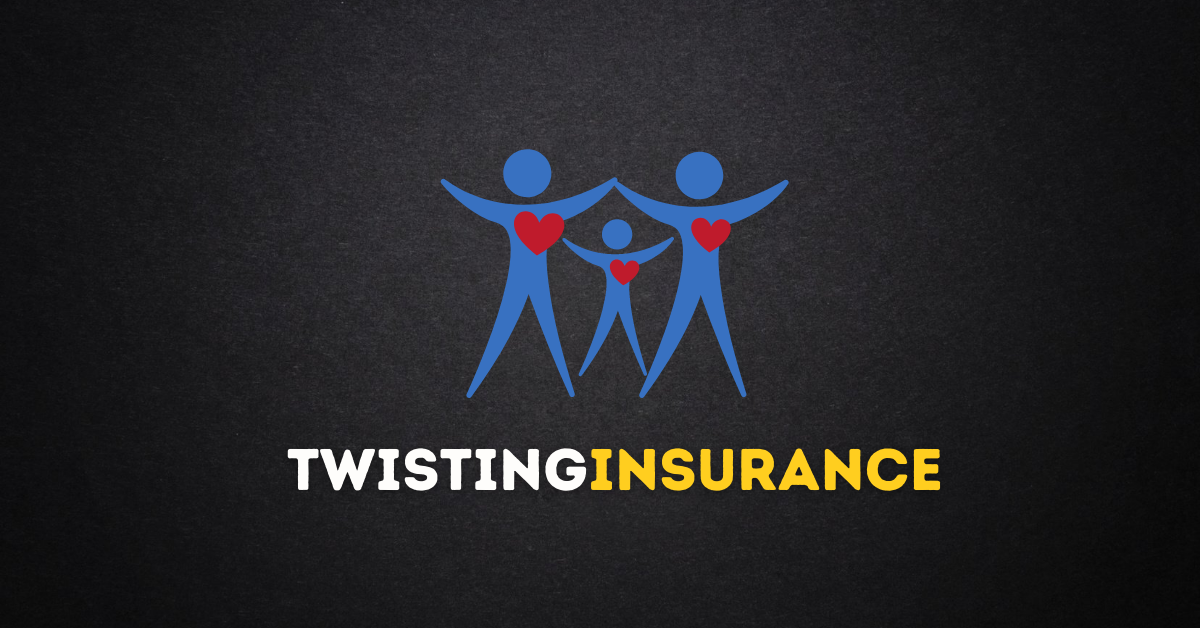What exactly is twisting in insurance licensing? It is an act in which an agent urges the insured to modify an already existing insurance contract for the best financial benefit of the latter. Yes, you need to get a just balance between maximum coverage, the right deductible, and affordable rates when shopping for insurance.
You are probably wondering if you should consider changing policies because of this twisting in the wheel. It is more like asking your life insurance company to give you a new liver. The changes may not work out well. But consider this--the twists in the wheel may have caused you to be exposed to dangers that could have been avoided.
How does the insurance industry get around such seemingly harmless and legal twisting? Simple...a form of "rebalancing" or "re-birthing". When a policy is initially purchased from the agent or underwriter, it may appear attractive and the correct choice. However, as time progresses and the buyer ages, the policy may become outdated (or start costing more money).
Re-birthing occurs when the life insurance company takes a closer look at the old contract. Usually, it is determined that the old policy was not "ripe and ready" anymore. In other words, it has become apparent that premiums have increased over the years due to higher risk assessments and other factors. Perhaps the client no longer fits the age profile that made the original policy so desirable. Therefore, it is time to pull the plug on the old car or re-tailor the policy to fit the current client.
At this point, the insured will probably be confused because they did not sign up for a "re-birthing" when they initially purchased the insurance policy. The agent is well within their rights to suggest that the client perhaps consider a different company. What if the current agent told them that a merger between two companies would be in the insured's best interest?
Here's the deal. A savvy agent does not only earn commissions on sales to the new company. They earn commissions on all sales made within their own company for as long as the parent company employs them. Yes, they still collect the full amount of the premium. But, they also earn commissions on the sales of individuals referred by the parent company to their company and not the insured. For example, let's say you had insured a young couple who moved in together and decided to buy a house independently.
When the newly married couple bought the house, they made a few renovations. They painted the walls, put a fresh coat of paint on the window and even added a patio door. Before long, it was obvious that something was amiss. The newlyweds have now left the insurance company and say they will never again sell a house to this couple. Their agent earns commissions on the house sale, even though they know it defected from the beginning.
The insured once again takes out a new policy, and the process is repeated over again. Eventually, the entire process causes the insurance agent to lose money. He must get out of the business. How does the new policy change things? If an agent truly wants to make money by twisting on insurance, he must get out of the insurance business!
Why is the insurance industry so willing to allow Twisting in Insurance to happen? Simple; there are far more dishonest and misleading agents than honest ones in the industry. The more dishonest and misleading a policyholder is, the more likely they will successfully twist in the Wind and convince the policy owner to purchase a policy from someone else.
A great example of the twisting and churning mentality can be found in the claim world of the insurance industry. One very well-known dishonest insurance salesman stands at the front desk with a stack of claims on his easel and proudly displays his work. As he proudly displays the numbers of the many people who have purchased policies from him, he then offers the following information: "Do you know how many people slipped and fell on your floor while you were lying on your back? You don't, so this is your opportunity to earn another policy."
What exactly is this man trying to tell the client? Twisting in Insurance sales is nothing more than another product to sell to another product to sell another product. The insured party sits there and takes it all in stride, believing nothing bad will happen. Then all of a sudden, disaster happens. The insured person finds out too late that Twisting in Insurance has led them to another product, causing yet another loss. As always happens, there is no way to predict which is which - buying another product or staying with the tried and true.





0 Comments